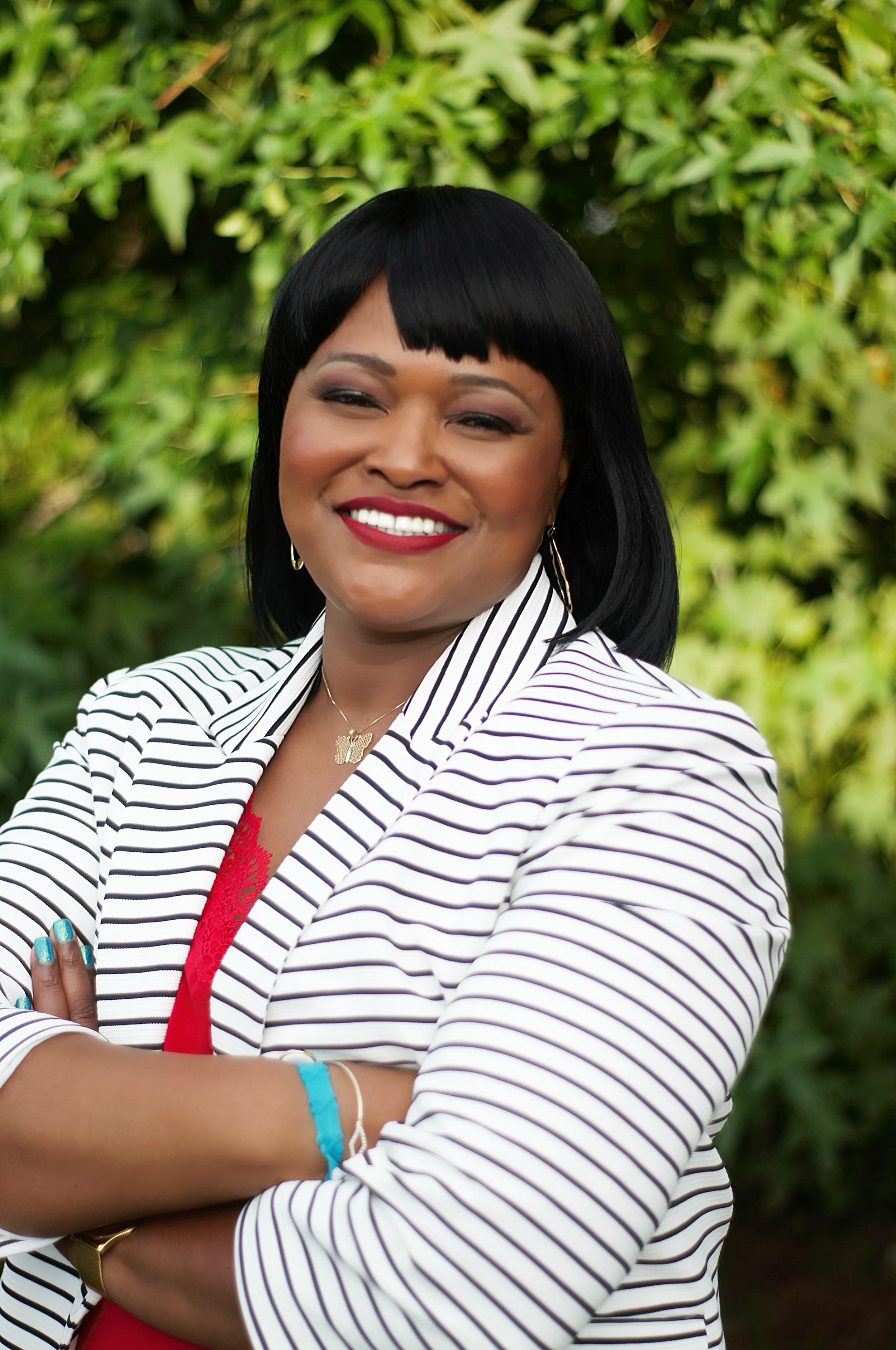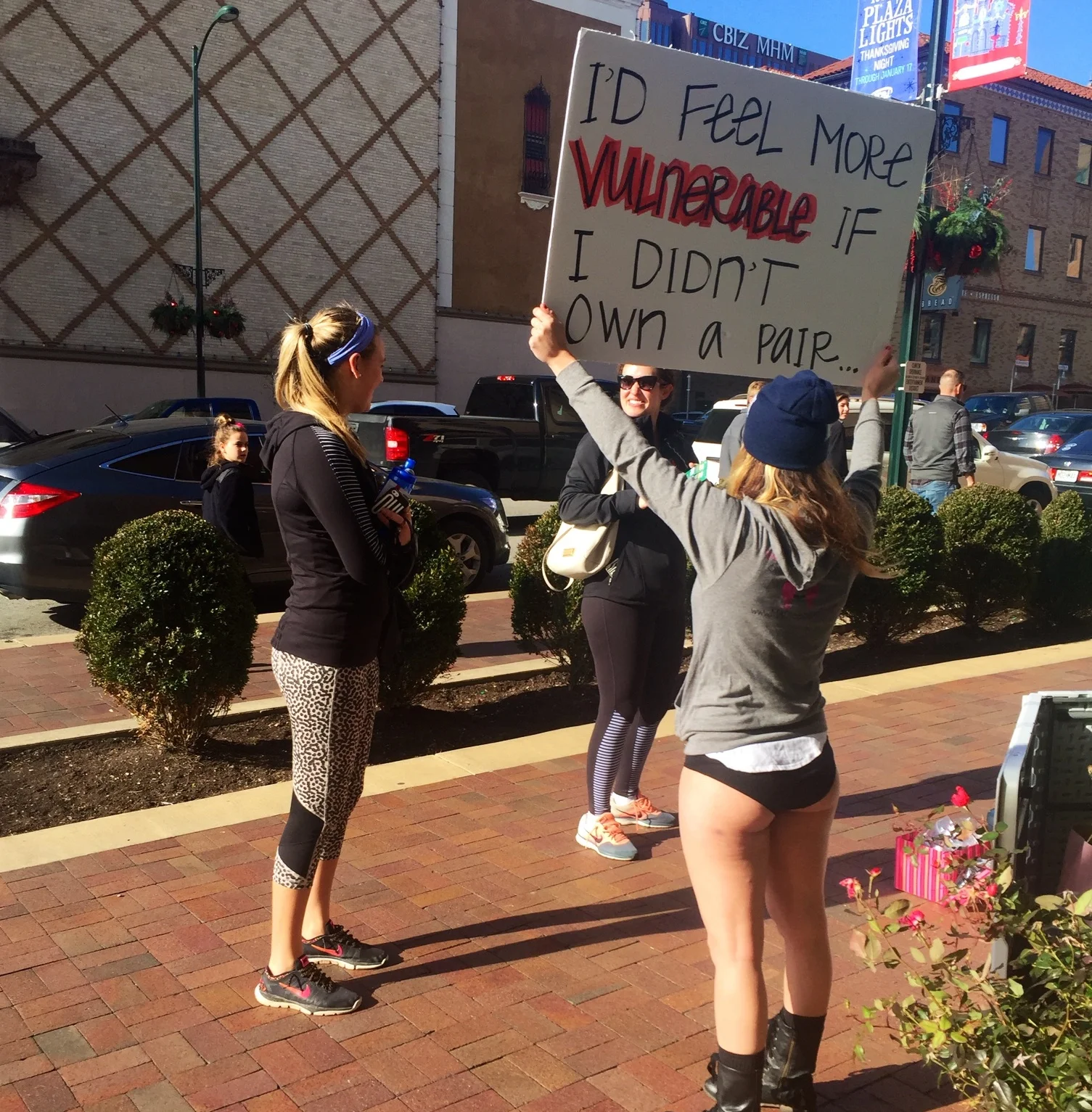#MeToo needs some compassion
#MeToo’s biggest problem is that it’s as relatable as it gets: few women can assertively say they’ve never been sexually harassed (in any way), and almost every woman will admit to taking precautions to feeling safer in one situation or another. If you’ve ever texted someone to let them know where you’re going on a blind date, or gripped your keys while you walked home, you’ll know the feeling.
Until recently, these were just quiet little things women put up with—and then 2018 hit us. Twelve years earlier, activist Tanara Burke founded the ‘me too’ movement as a way to build a community to help survivors of sexual violence recover from their trauma. Then, on 15 October 2017, actress Alyssa Milano tweeted: ‘If you’ve been sexually harassed or assaulted, write ‘me too’ as a reply to this tweet.’
The women (and men) of Twitter stepped up and opened up and the world’s press was inundated with the effect of some of Hollywood’s most powerful figures falling into disrepute. Among the survivors were Viola Davis, Lady Gaga, Reese Witherspoon, America Ferrara, Rose McGowan, Amber Tamblyn, Terry Crews, James Van Der Beek, Gabrielle Union and Ashley Judd—and among the accused were Harvey Weinstein, Bill Cosby, Kevin Spacey, Charlie Rose and Matt Lauer, all accused of varying degrees of sexual misconduct.
#MeToo was shocking to everyone—we were horrified at the scale of the sexual harassment experienced by women everywhere, not just in Hollywood but it was the Hollywood side of things that took our breath away. Maybe we should have expected it—remember the scandal of the harassment in the 70s being covered up—but the extent of it all prompted serious change.
Time’s Up, an anti-harassment initiative that ‘insists on safe, fair and dignified work for women of all kinds,’ was launched amidst the furore and has made incredible progress in uniting women around the world and making it clear that time is most certainly up now for misogyny.
However, for the #MeToo movement to continue beyond 2019, it needs some compassion—and quickly.
The data from around the world shows about 95 percent of sexual assault survivors don’t report and when they do, they’re often not believed. Victims need to be treated with dignity and compassion, particularly when—even though false reports are extremely rare—there is such entrenched suspicion of sexual assault complainants. #MeToo now needs to believe women and support them—it’s no longer enough to add your voice to the clamour. It’s had its moment to demand attention and now it needs to work on supporting the victims.
What use is publicly declaring you’ve also been a victim if you’re opening yourself up to the suspicion, doubt and abuse you tried to avoid by not reporting? It’s not the people brave enough to stand up who need to inject some compassion—it’s the rest of us watching it all unfold. We need to unfailingly believe the brave women saying ‘me too’ and trust in our legal system to determine guilt.
The drama of the Supreme Court testimony is just one more example. It took tremendous courage for Dr Christine Blasey Ford to stand up and relive the memories of the most humiliating night of her life in front of the world—and it took tremendous courage for her to leave her life behind and go into hiding because of it. The predominately male Senate judiciary committee and Brett Kavanaugh painted Dr Ford as a confused victim, to be pitied but not believed—she’d misread the situation and Kavanaugh was right to be enraged at being ‘wrongly accused.’
This is where solidarity and compassion stepped up: the judiciary committee may not have managed it, but men and women around the world stood up to say they believed Dr Ford. In a world where life-ruining sexual assault can go unpunished, survivors need to know they have been heard and believed by the rest of us, if not the patriarchal systems playing against them.
Despite the successes of 2018, we still live in a society where men can do as they wish because ‘boys will be boys’ and are ‘just being friendly’. Yes #notallmen, but Deborah Francis-White puts it best: ‘What’s fascinating to me is that there are many men who have lived their lives continually throwing grenades and not worrying about how they land. Not knowing whether they’re being inappropriately flirtatious, bullying, intimidating, sexually explicit—they just don’t know because they’ve never thought to ask. Even during a sexual experience, they haven’t thought to ask. That is fascinating and now there are consequences… On the face of it [Dr Ford’s testimony], it might seem that she has lost and Me Too lost but the fact that he was even questioned, the fact that he was in the dock in such a high profile way, the fact that it was clearly emotional for him, and the fact that he was not able to take up that position without having to answer serious questions—I think that is its own consequence.’
For those men seeking guidance for their own behaviour, ask yourself whether your actions are motivated by power or empathy. If you call your colleague ‘darling’, are you being kind or are you reaffirming that your status is higher than hers? Empathy requires you to see how the woman would perceive your actions—and you owe it to every woman, and indeed every person, you encounter.
‘Empowerment through empathy’ was the motto chosen by Tarana Burke and it rings true for men and women in the post #MeToo era. We need to believe each other, support each other, and raise each other up.


















Take inspiration from Our Shared Shelf and get your hands on these books.